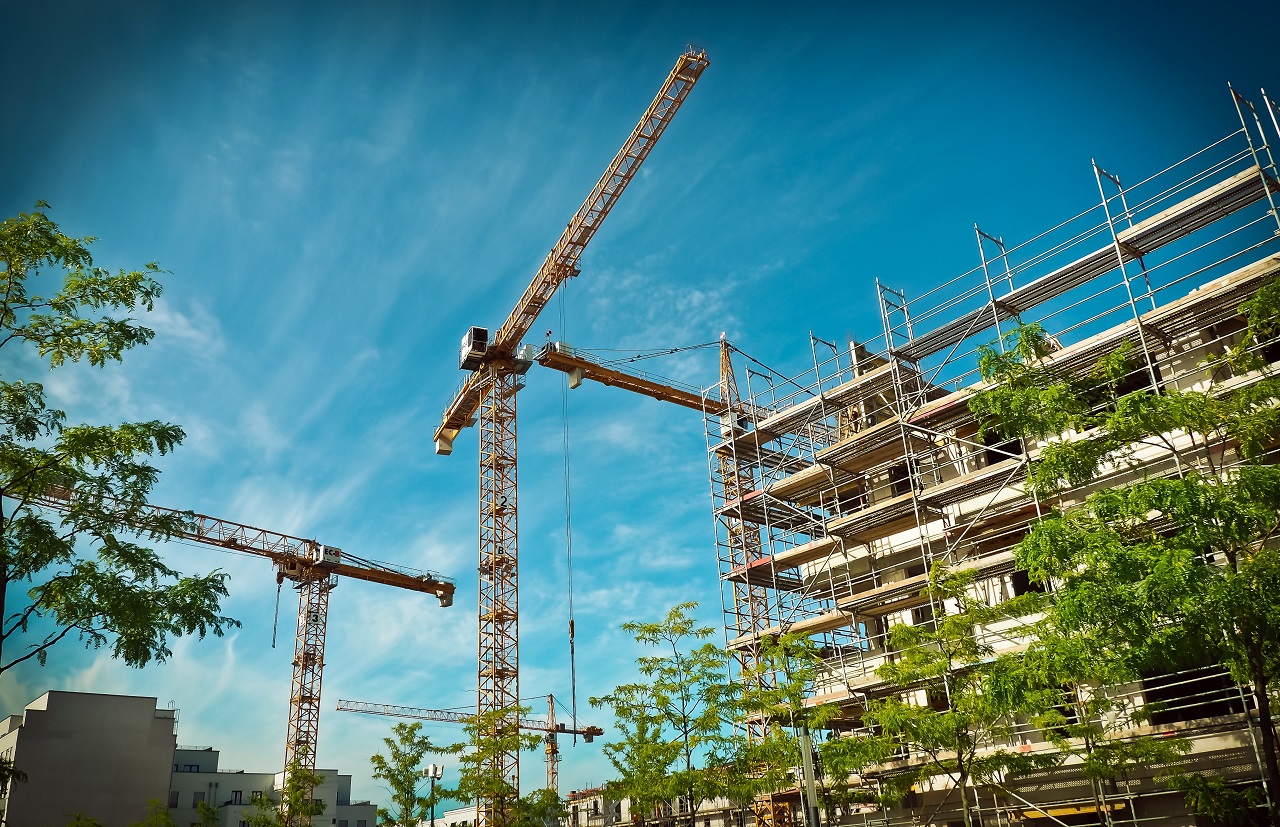Buying a home can be a once in a lifetime investment for many if not all. With every major financial and logistical decision involving property investment, the biggest dilemma is whether to go for an old resale flat or a new construction. Typically, a new home is bought directly from the builder while resale ones are properties previously owned.
With rising population, increase in nuclear living and huge housing shortage in the country, new buildings are popping up at an alarming rate. Also, flexible loans, softening of interest rates and other consumer-friendly laws have made it easier to make purchases.
Property shuttling and mortgage crisis have led to increase the supply of cheaper, old and used homes going on the market as distress sales. According to Jack McCabe (McCabe Consulting), the price per square foot of a new property is more than that of an already owned flat. Another factor which pushes a home seeker into buying an owned property is the locality preference – if one has his heart set on a particular area or is attracted to the accessibility of a particular building. Some people also enjoy renovating and transforming an old home to fit their needs.
So even though people you might be inclined to buy an old property, here are some bestselling advantages of a new construct that you may consider before making an informed decision.
1. Customization: Nowadays, many builders arrange for mid construction property tours and also allow buyers to design their interiors at this stage. For example, you can get a good leeway to modify your bathroom, flooring and tiling and kitchenette when your building is under construction. This will reduce your overall renovation cost once you move in.
2. Automated smoke alarm: Availability – Resale flats have their own restrictions in terms of Vaastu and limited availability in market.
3. Hidden costs: Many people think that resale flats sell for a lower price. However, it is important to calculate some added costs like registration fee, stamp duty fee, transfer fee, utility fee, home inspection cost, and the inevitable damage repairs and renovations. After comparing, check the overall difference in the total cost you may have to incur in a resale and new home.
4. Lifestyle: Todays’ new constructions don’t just sell a foreclosed house; they actually sell you a lifestyle. With added amenities like gymnasium, pools, gardens, play areas and separate banquets – moving here could be a complete upgrade on your lifestyle.
5. Energy saving: Newer constructions follow very strict energy conserving norms which are seen in their fittings, wirings, and interiors. Builders actually take it one step ahead and market their homes as “green home” to attract environmentally inclined buyers. Many buildings today use solar energy by placing solar panels on their roofs. Tree plantation, window gardening, and society greenery are all given a good deal of importance.
6. Fewer repairs: This is the single most attractive difference between new and used home. A new construct will definitely hold up for more years and later on require very little repair and renovation based on your needs.
7. Amenities and interiors: Your home is an integral part of your identity. It is difficult to paint a new picture on a used canvas. Previous owners leave a certain mark and aura in a used home. Instead, in a new home, you are flooded with interior decorating options, which clearly define you and your taste.
8. Automated homes: Reputable builders are constantly infusing “artificial intelligence” in their constructions. From automated switches to app controlled appliances, the introduction of home automation makes living a lot easier which is rarely seen in an old property.
9. Loan flexibility: In India, it is easier to get a long-term loan on a new construction and there are more banks which offer loans on a new property. The reason for this is because there is always a possibility for an old property to undergo major repair work or complete demolition and redevelopment after 30 years. For example, if you buy a home in a 20 years old property, the bank may sanction your loan tenure for up to 10 years only. This creates a burden as the monthly EMI is extremely high in shorter tenures.
10. Resale: Lastly, one may look to constantly upgrade into a bigger and fancier home every few years. You should check the price appreciation of your home and locality before buying. A 5 years old home will definitely get you a higher rate than a 25 years old one.
In the coming years, new properties may find greater preference over old ones Hence “analyze and then finalize” is the only mantra one should follow right from the very first thought of buying a home till the time of moving into it.

